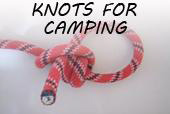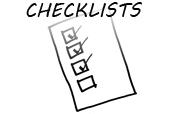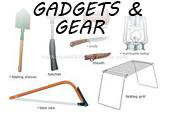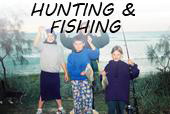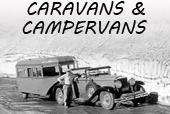Choosing the right fly rod is often a very difficult task. Whether you are a beginner or a veteran having the right fly rod can make a world of difference. For beginners choosing the right starting rod is essential to developing casting skills and accuracy. Here are some tips for those beginners out there looking to buy a fly rod and maybe this will even help the veterans.
First you must determine the right weight of fly rod to buy. Fly rods are made from 1 to 12 weights, 1 being the lightest weight and 12 is the heaviest weight. To make an analogy towards spinning rods a 1 weight would be an ultra-light rod and a 12 weight would be a heavy surf-casting rod. When you are choosing a rod weight you should take into account two factors, how large are the fish you are targeting and how heavy are the flies you will be using.
Obviously, the larger the fish you are targeting the heavier the rod should be. Most trout fisherman will do fine getting a rod between a 4 to 7 weight rod. A rod between a 4 or 7 weight would be fine for most freshwater fish that won’t get bigger then around 10 pounds. Heavier fish like salmon or larger salt-water fish require a heavier rod around an 8 to 10 weight rod. Rods above a 10 weight are designed for extremely large fish. Rods below a 4 weight are best used on smaller fish, like small pan-fish or smaller trout. These rods are very delicate and are not designed for fighting large fish or casting large flies.
The next thing that will determine what weight rod you should by are the flies that you plan to use. Lighter rods are better for use with small flies that require delicate leaders. A heavy rod will lead to break offs if you are planning to fish small trout flies. On the other hand if you are planning on fishing heavier flies like big streamers or heavily weighted flies you should plan on a heavier rod. A heavier weight rod will help in casting heavy flies. If you use a lighter rod for heavy flies, casting can be difficult and will make you use more energy when casting.
Next you need to determine the length of the rod you should use. Longer rod will make longer casts easier. This is very helpful when fishing larger rivers and streams. The drawback to longer rods comes if you plan on fishing small streams. Longer rods require more room for a back cast and when fishing smaller streams you often don’t have the room needed for casting. A shorter rod would be better for small streams, but for beginners I wouldn’t recommend buying a specialty rod just for small streams.
Rod action is also something to take into account. There are slow, medium and fast action rods that determine how you should cast the rod. Slower action rods load slower so casting would be a slower motion than a fast action rod. For a beginner I would always recommend a medium action rod to learn to cast with. If you learn to cast with a slow action rod it would be tough to transition to a fast action rod and vice versa. A medium action rod will help you feel the line load and then with your next rod you can determine what would be the best fit for you.
Personally for most freshwater anglers I recommend a rod between 8 and 9 feet long with a medium action between a 5 and 6 weight. This rod is perfectly suited for almost all fish in streams, lakes and ponds. You should be able to fish lighter flies and moderately heavy flies with this rod which makes it ideal for beginners. Remember if you are novice caster or new to fly-fishing don’t buy an expensive rod. A pricier rod will not help you cast better until you have learned to cast. Buy a lower end rod to learn to cast and see if it fits your style of fishing, then go ahead and buy a higher end rod.


